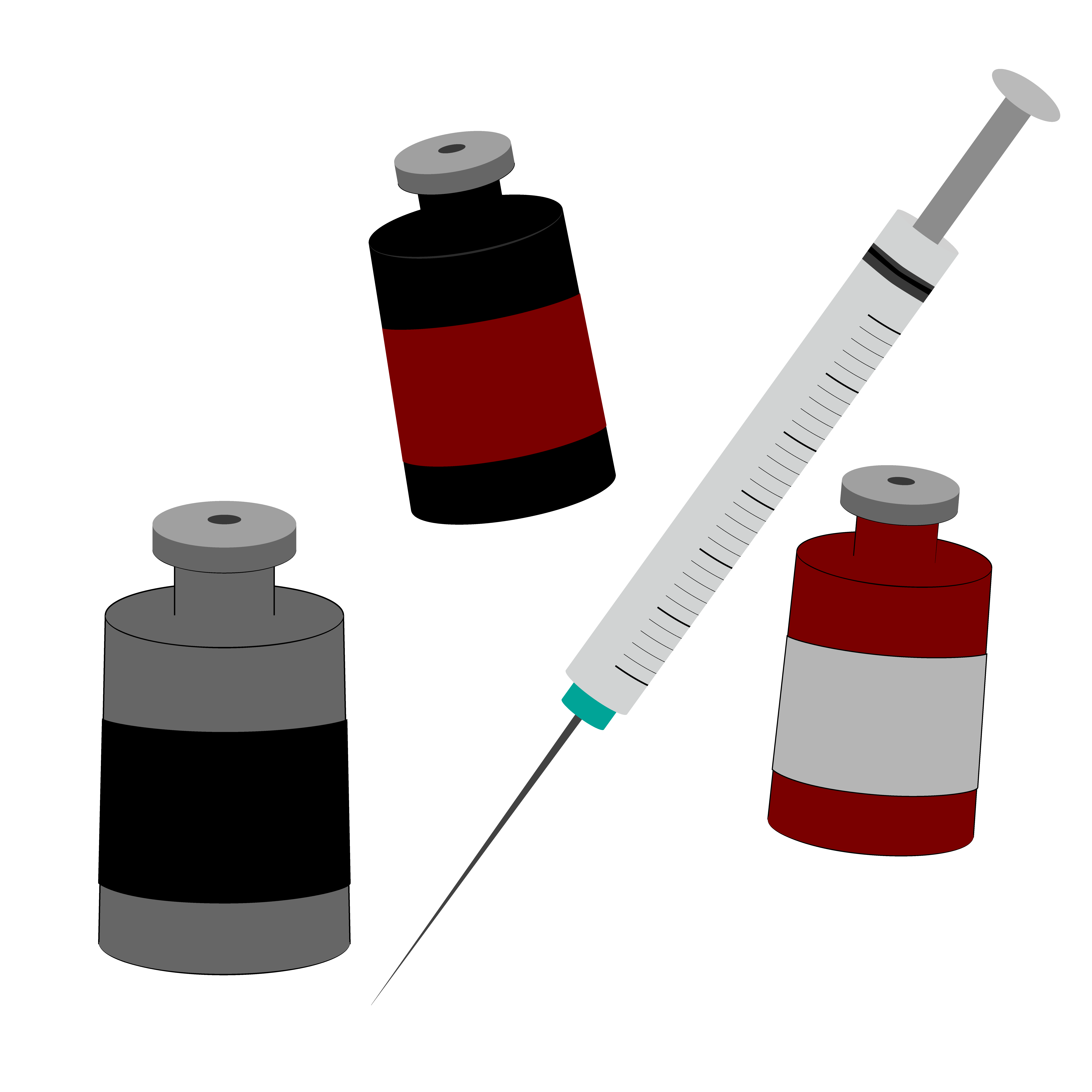Across the past two years, different communities, societies and groups across the world have taken radically different steps to combat the COVID-19 pandemic. Despite the virus ravaging many countries, not everyone has come to a unified conclusion on which policy to take.
For instance, early on, Sweden allowed many sectors of its society to remain open, which earned the country controversy. Recent surges of COVID-19 in Hong Kong and Shanghai led China to question the efficacy of its “zero-COVID” policy, a collection of different elements which restrict travel, commerce, education, and transportation..
One crucial factor in determining effectiveness of a country’s COVID-19 policy was the availability of vaccines. While the U.S., the European Union, Russia and China were quick to develop vaccines such as Pfizer-BioNTech and Moderna, Oxford-AstraZeneca, Sputnik V and CoronaVac, respectively, many other countries didn’t.
For many countries, simply getting hands on a vaccine was a difficult task—let alone developing one. One country that faced such hardships was Taiwan.
Taiwan saw few COVID-19 cases at the outset of the pandemic. Being an island nation with societal cohesion willing to agree on governmental protective measures, the country formulated a concrete and effective plan.
Indeed, many political figures and organizations lauded Taiwan for its COVID-19 response. But that changed in late April of 2021, when a cluster of airline workers tested positive for the virus and spread it before it could be contained.
As Taiwan’s cases mounted, vaccine hesitancy was abandoned by many and, in turn, demand for vaccines began to grow at a terrific pace. Although shipments of vaccines were promised—and eventually delivered by many nations around the world, such as the U.S., Japan and Lithuania—the shipments could barely cover the needs of medical personnel.
Additionally, vaccine shipments needed to be tested by the Taiwan Centers for Disease Control to determine their viability—a process that took up to three weeks. While cautiousness was warranted by healthcare officials, the delay in distribution further spurred on the need for homegrown vaccines.
In July of 2021, the Medigen vaccine received Emergency Use Authorization from the Taiwanese government. Developed in collaboration with the U.S. National Institutes of Health, the Medigen vaccine uses recombinant protein technology which uses part of the coronavirus protein to produce an immune response.
As of Feb. 14, 2022, nearly 50 million vaccine doses were administered to the Taiwanese population—but only 5.3 million doses were Medigen.
Back in July 2021, the Medigen vaccine was allowed for emergency use after only completing phase one clinical trials in Taiwan while having no efficacy data. Comparatively, emergency-use vaccines authorized in the U.S. utilized interim analysis from phase three studies.
Phase one clinical trials use a small group of volunteers to try a new drug or treatment to learn if it is safe for people, while phase two is a longer trial that scrutinizes how well the treatment works, and may take multiple years to track progress against a standard-treatment group.
While the vaccine later secured a smaller-size phase three trial in non-laboratory conditions in Paraguay, it was different from regular phase three trials as it used immuno-bridging trial to compare the performance of the Medigen COVID-19 vaccine with the Oxford-AstraZeneca COVID-19 vaccine. Phase three trials are usually the last step before asking approval from a drug regulator, such as the Food and Drug Administration (FDA).
Immuno-bridging uses controlled trials and placebos or other controls to determine whether a treatment is effective, but their acceptance has not been standardized. Much of the controversy stemmed from there.
Taiwanese social media also contributed to the rise of skeptics of the Medigen vaccine and other vaccines. False, fear-provoking headlines claiming vaccines included a microchip or could cause miscarriages were common. Regardless, the Taiwanese government saw this as merely a hurdle in providing public health safety to its citizens.
Despite controversies and misinformation, the Medigen vaccine eventually passed the phase three clinical trial in Paraguay. Similar results were noted between the previous phase two trial and the current one. With that achievement, as well as an Emergency Use Authorization from the South American country, the makers of the Medigen vaccine looked towards the results of the World Health Organization’s Solidarity Trial Vaccines clinical study—a test to evaluate the effectiveness of vaccines around the world. The results are scheduled to be published in early April.
The Medigen company prepared to shift from domestic markets to international ones, after developing the capability to produce 100 million doses of the vaccine. Taiwan Immunization Vision and Strategy chairman Huang Yu-cheng said that he hopes “the experience gained and the growth in research and development will help the world respond quicker to future pandemics.”






